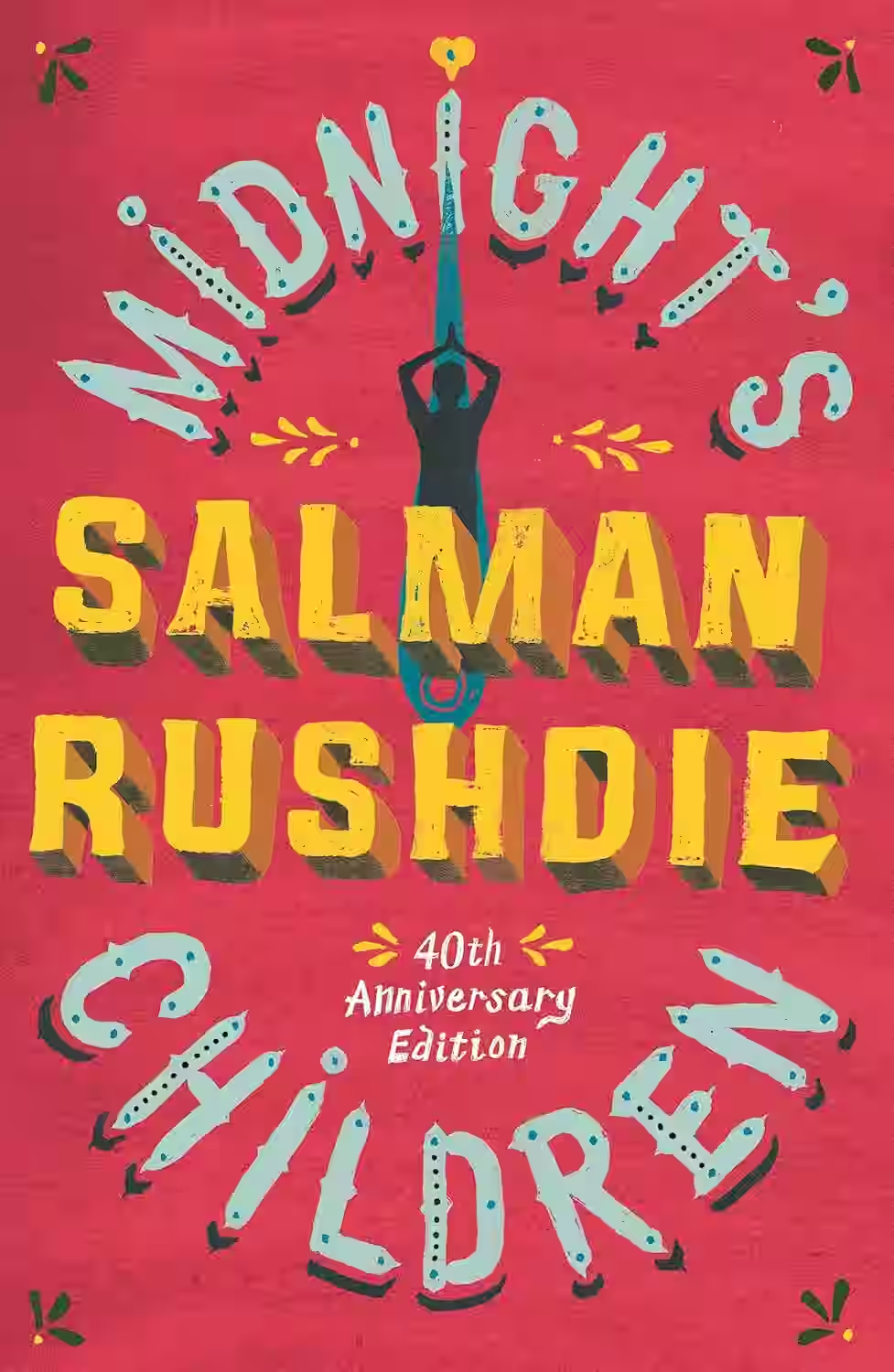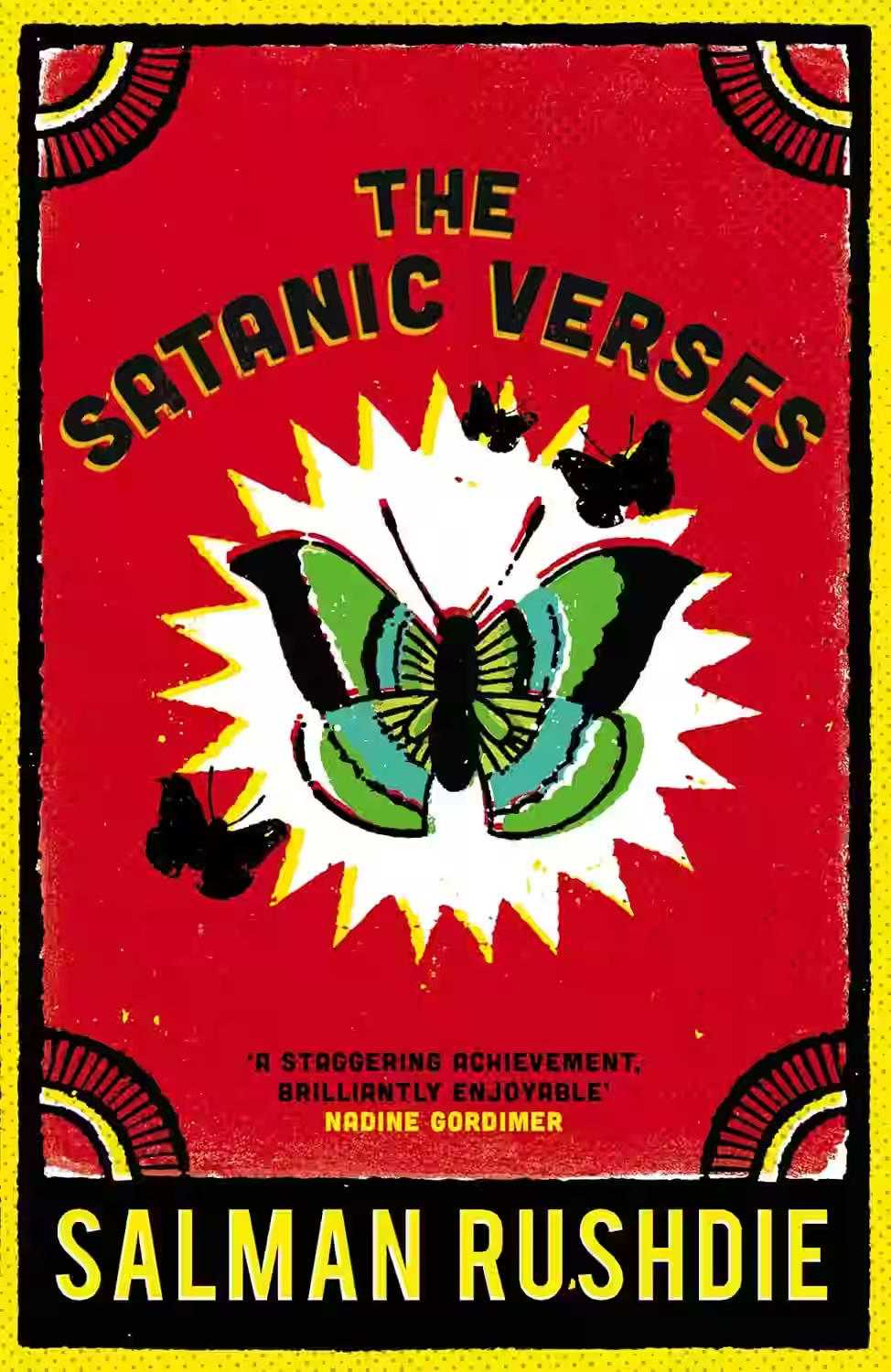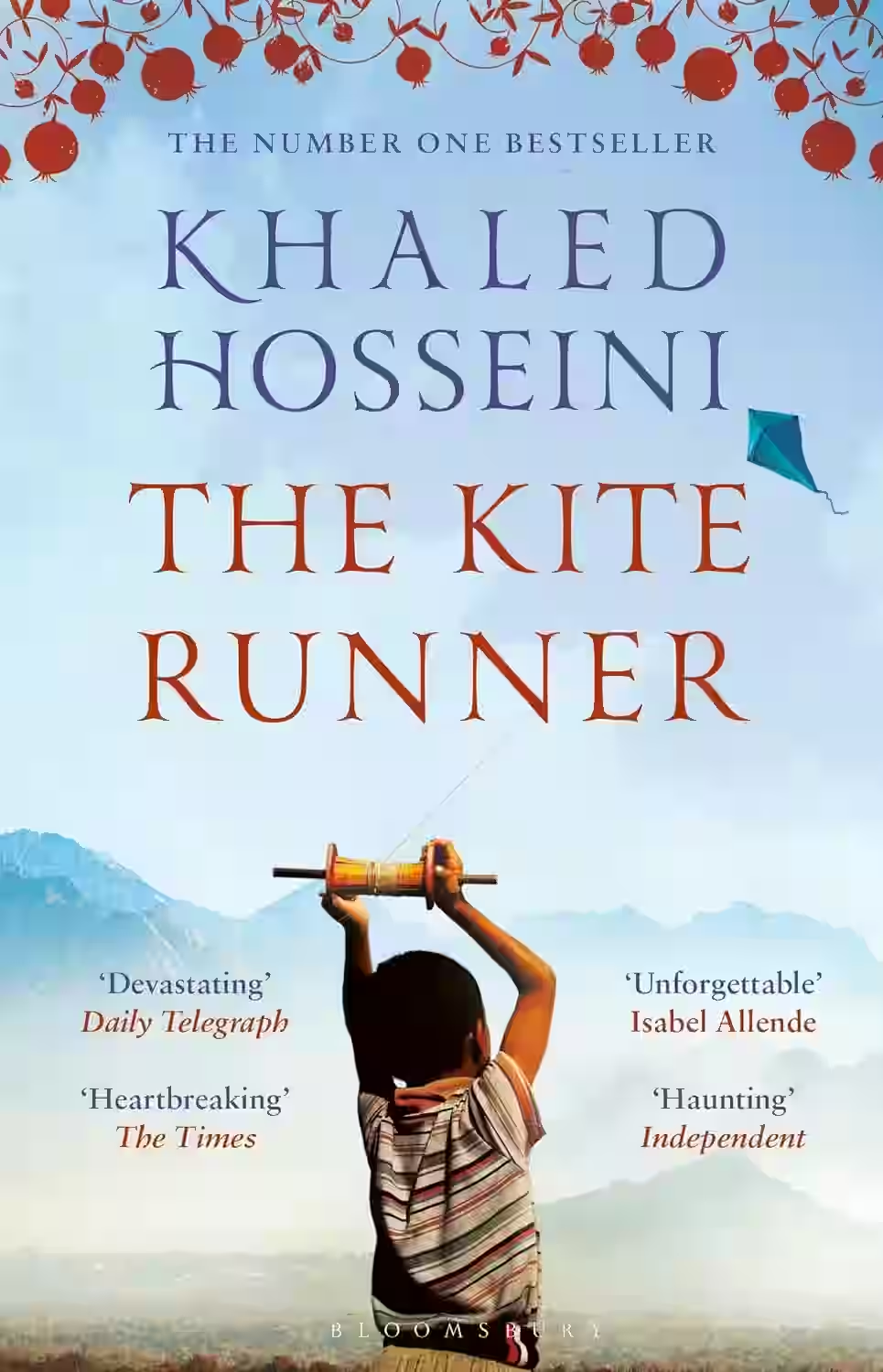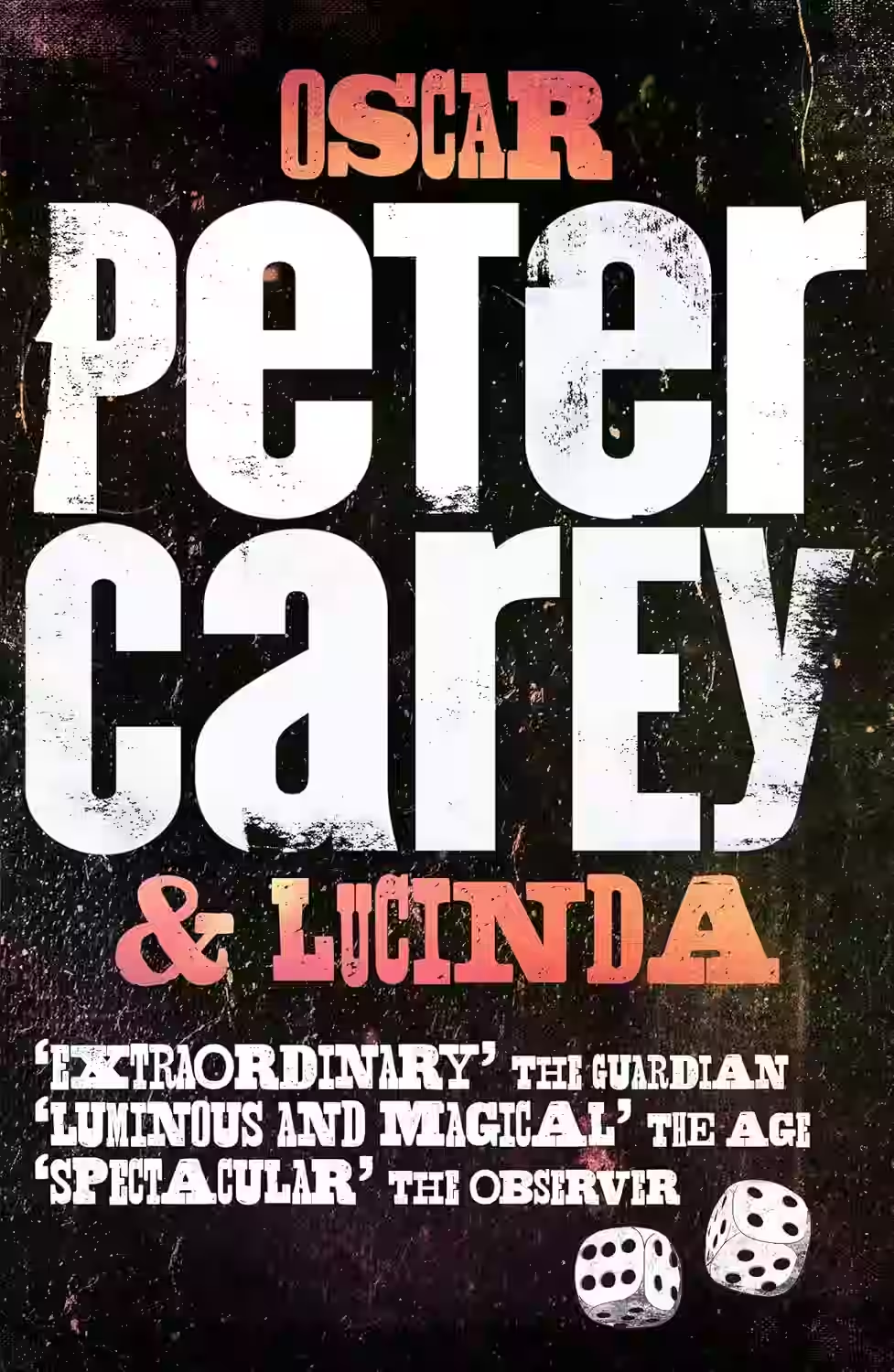
Salman Rushdie’s Midnight’s Children is a sweeping magical realist novel that follows Saleem Sinai, born at the exact moment of India’s independence in 1947. His life becomes intertwined with the fate of the nation, as he discovers he has telepathic powers and is connected to other “midnight’s children” born at the same historic hour. Blending history, politics, and mythology, the novel explores themes of identity, memory, and national trauma. With its vibrant prose and inventive storytelling, Rushdie captures the chaos and wonder of postcolonial India. Midnight’s Children won the Booker Prize and is regarded as a modern literary classic.
About Salman Rushdie
A British-American novelist of Indian origin, renowned for his magical realist narratives that blend historical events with fantastical elements. His works, such as Midnight's Children and The Satanic Verses, often explore themes of migration, identity, religion, and the complexities of post-colonial societies. Rushdie's eloquent prose, vibrant imagination, and fearless engagement with controversial subjects have earned him both critical acclaim and international notoriety, cementing his place as a major contemporary literary voice.
Other Books by Salman Rushdie

The Satanic Verses
Salman Rushdie’s The Satanic Verses is a complex, controversial novel blending magical realism with political and religious commentary. The story follows two Indian actors who survive a terrorist attack and undergo surreal transformations—one angelic, the other demonic. Through dream sequences and allegories, the novel explores themes of identity, migration, faith, and blasphemy. Loosely inspired by Islamic history and mythology, it sparked global debates on freedom of expression and religious sensitivity. Rich in symbolism and linguistic play, it remains a provocative and significant literary work.

Shalimar the Clown
Salman Rushdie’s Shalimar the Clown is a political and personal tragedy that spans continents and generations. The novel begins with the assassination of a former U.S. ambassador in Los Angeles, then unravels the story of Shalimar, a Kashmiri performer whose love turns into violent vengeance. As it traces the rise of extremism and loss of cultural harmony in Kashmir, the book explores themes of betrayal, identity, terrorism, and the global consequences of personal choices. Blending lyrical prose with geopolitical insight, it’s a haunting meditation on love and war.
Similar Books

Sula
Toni Morrison's 'Sula' is a powerful exploration of friendship, womanhood, and the complexities of human relationships set in the close-knit community of the Bottom in Ohio. The novel follows the diverging paths of Nel Wright and Sula Peace, two young Black girls whose deep bond is tested by societal norms, personal choices, and the consequences of their actions. Through lyrical prose and vivid storytelling, Morrison delves into themes of betrayal, identity, and the search for autonomy, ultimately challenging traditional notions of good and evil. 'Sula' is a poignant and thought-provoking work that lingers in the reader's mind long after the final page.

The Kite Runner
This powerful story follows two childhood friends in Kabul and spans multiple decades of Afghan history. After witnessing a terrible event, their lives take dramatically different paths until a chance for redemption presents itself years later. Through personal drama and historical upheaval, the novel explores themes of loyalty, betrayal, and the possibility of atonement.

The Water Dancer
Ta-Nehisi Coates' debut novel, The Water Dancer, blends historical fiction with magical realism to tell the story of Hiram Walker, a young man born into slavery with a mysterious power. After a near-death experience, Hiram discovers he possesses a supernatural ability called "conduction," which aids in his quest for freedom. The novel explores themes of memory, family, and liberation, offering a fresh perspective on the antebellum South and the Underground Railroad. Coates' lyrical prose and imaginative storytelling create a compelling narrative about the enduring human spirit.

Oscar and Lucinda
by Peter Carey
Oscar and Lucinda is a whimsical and poignant novel set in 19th-century Australia, telling the unlikely love story between an eccentric Anglican clergyman obsessed with gambling and a wealthy heiress who buys and runs a glass factory. Peter Carey's imaginative storytelling explores themes of faith, chance, and the fragility of human endeavor.